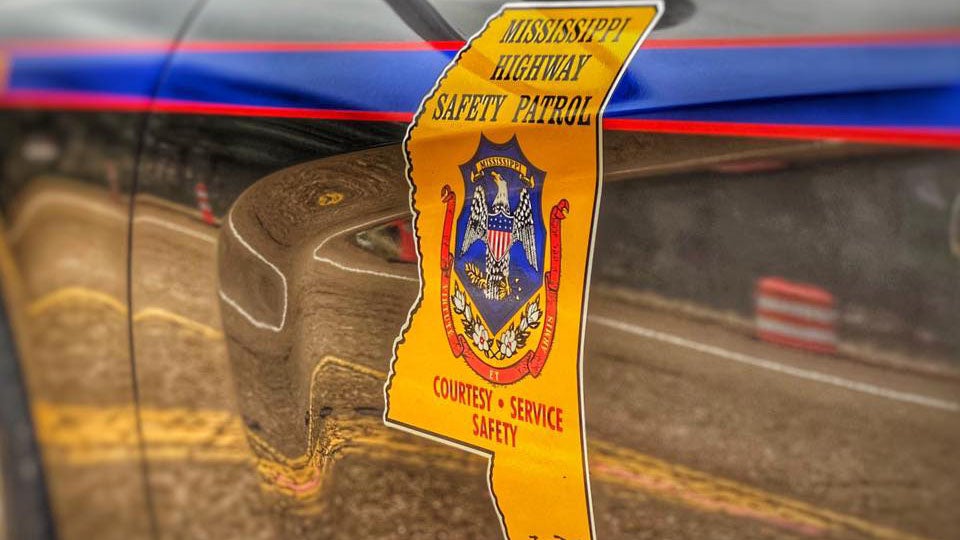Teachers go to DNA workshop at Princeton
Published 5:00 am Friday, August 3, 2007
A pair of Lincoln County School District science teachers willbring new knowledge to the classroom this year after attending aDNA workshop at Princeton University this summer.
Kathy McKone and Jessica Franklin were two of only 23 teachersselected worldwide to attend a special two-week institute from July8-20 at the prestigious Ivy League school. The goal of theinstitute, which was sponsored by Princeton’s molecular biologydepartment and the Howard Hughes Medical Institute, was to helpteachers bring cutting-edge biology to their classrooms.
“We were busy. It was sensory overload,” McKone said. “Evenduring lunch we had guest speakers. There was a lot of informationto absorb.”
McKone, who will teach biology and molecular biology classes atBogue Chitto Attendance Center, will get the most immediate use ofher new knowledge.
“Even though I had expressed a desire to teach molecularbiology, the final decision to give it a chance came from theprincipal, Mr. (Bill) McGehee,” McKone said. “He had to shift oneof the classes I usually teach to another teacher so I would have aperiod to teach it.
“It will be the first molecular biology class in the district,”she continued. “His efforts to make it part of the curriculuminspired me to attend both workshops instead of just one.”
Earlier in the summer, McKone also attended a 32-hour workshopat Florida Agricultural and Mechanical University in Tallahassee,Fla., on Plant Molecular Genetics and Genomics.
Unfortunately, Franklin said, she was needed to teach chemistry,physics and math classes at Enterprise Attendance Center this year.Therefore, her options are limited in what can applied immediatelyto the classroom from the Princeton workshop.
However, “chemistry is a good place to start introducing this,”Franklin said. “We can talk about more of the chemical aspects ofDNA to prepare them for the biology classes.”
The Princeton workshop gave the teachers hands-on laboratoryexperience using sophisticated techniques and equipment to performprocedures like DNA polymerase chain reactions, bacterialtransformation and DNA sequence analysis.
Teachers were able to extract DNA from soil samples and analyzethem for known and new species of bacteria, test foods to see ifthey were genetically enhanced, and even examined their ownDNA.
Attendance at the workshop allows participants to accessequipment loans to bring some of those experiments to theclassroom, McKone said.
McKone plans to allow her molecular biology class to view theirown DNA in a forensics setting.
“In forensics, you have to identify 13 matching sites on theDNA, but we’re only going to identify one,” she said.
Students will also be able to look at natural and geneticallymodified crop foods to see if they can locate the modified gene onthe DNA strand, McKone said.
While Franklin’s classes won’t be able to conduct thoseexperiments, she said she can use techniques used in the workshopand some of the equipment for other experiments.
A device used to identify DNA can also be used to show howopposites attract. Water can be split with oxygen attracted to thepositive pole and hydrogen to a negative pole.
McKone and Franklin were the only two Mississippi teachersselected to participate in the workshop and two of only three inthe South. A teacher from Arkansas also attended the workshop.




